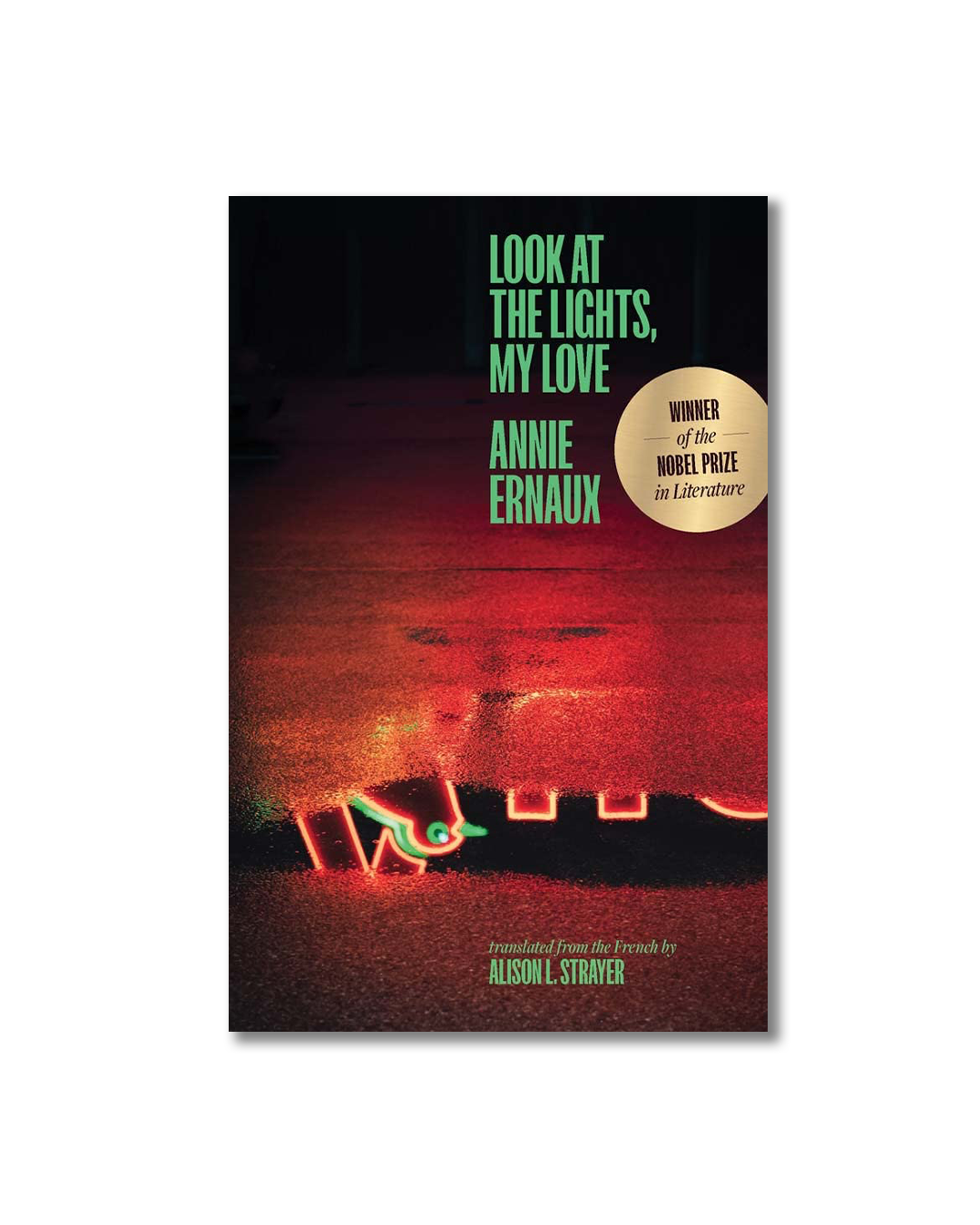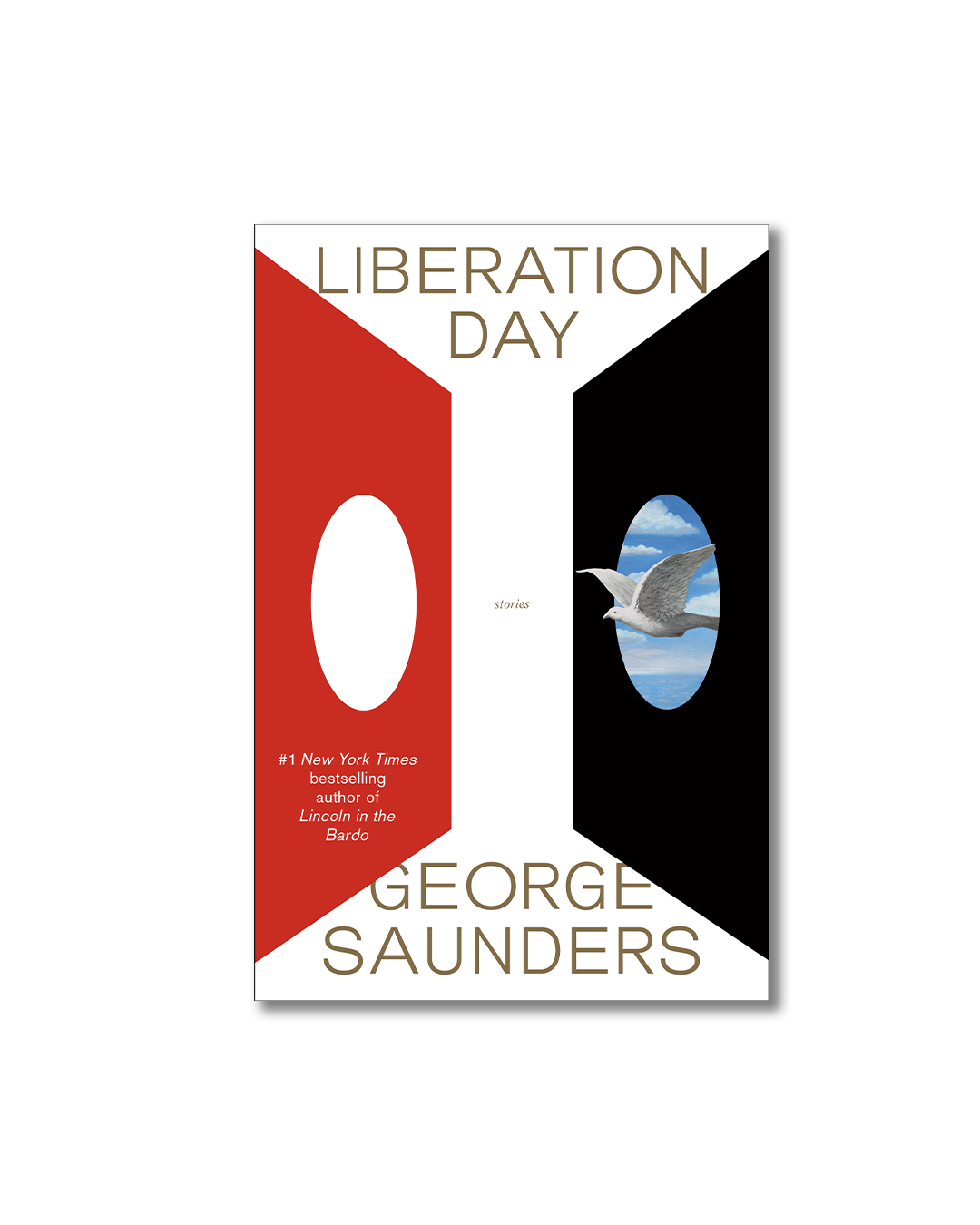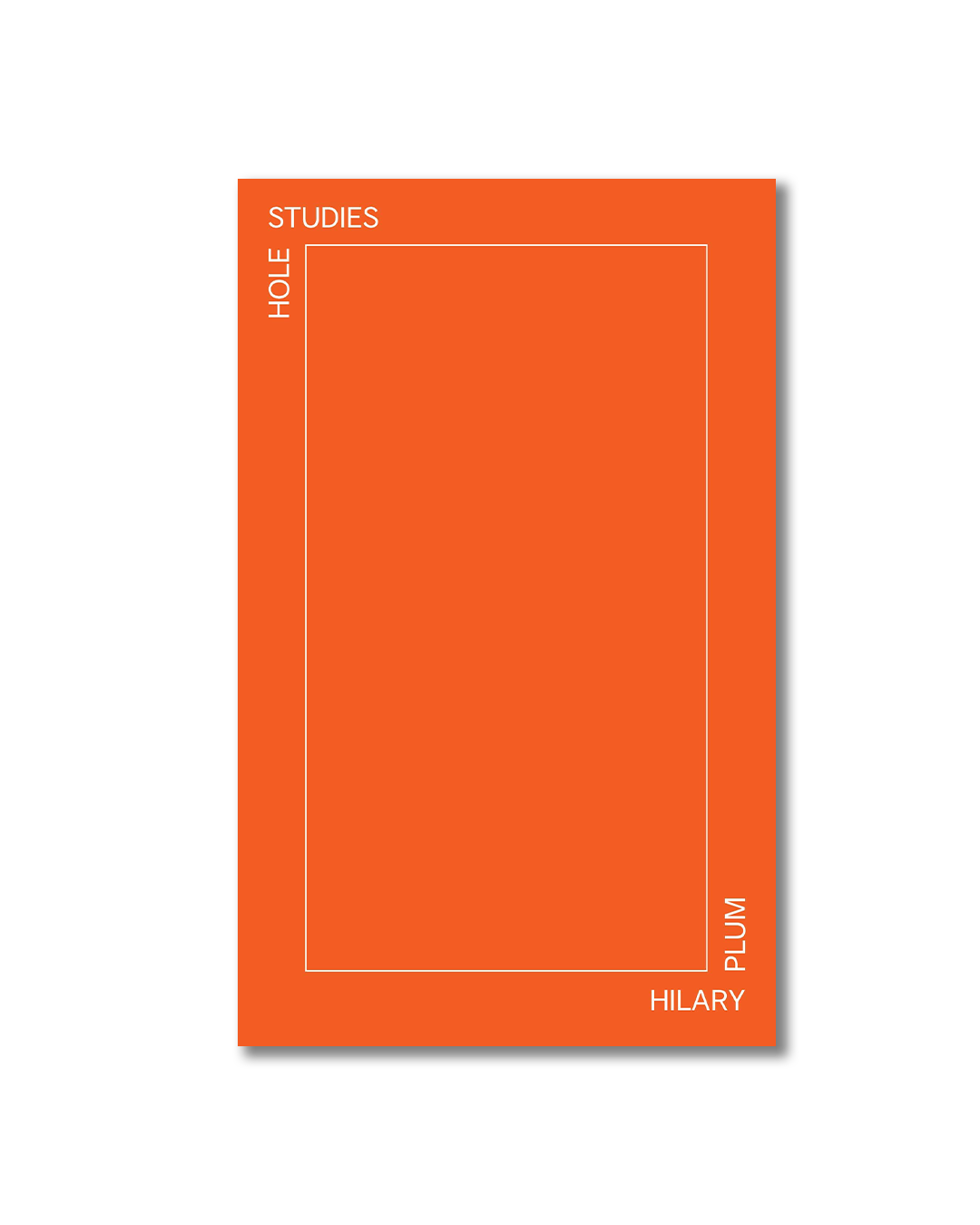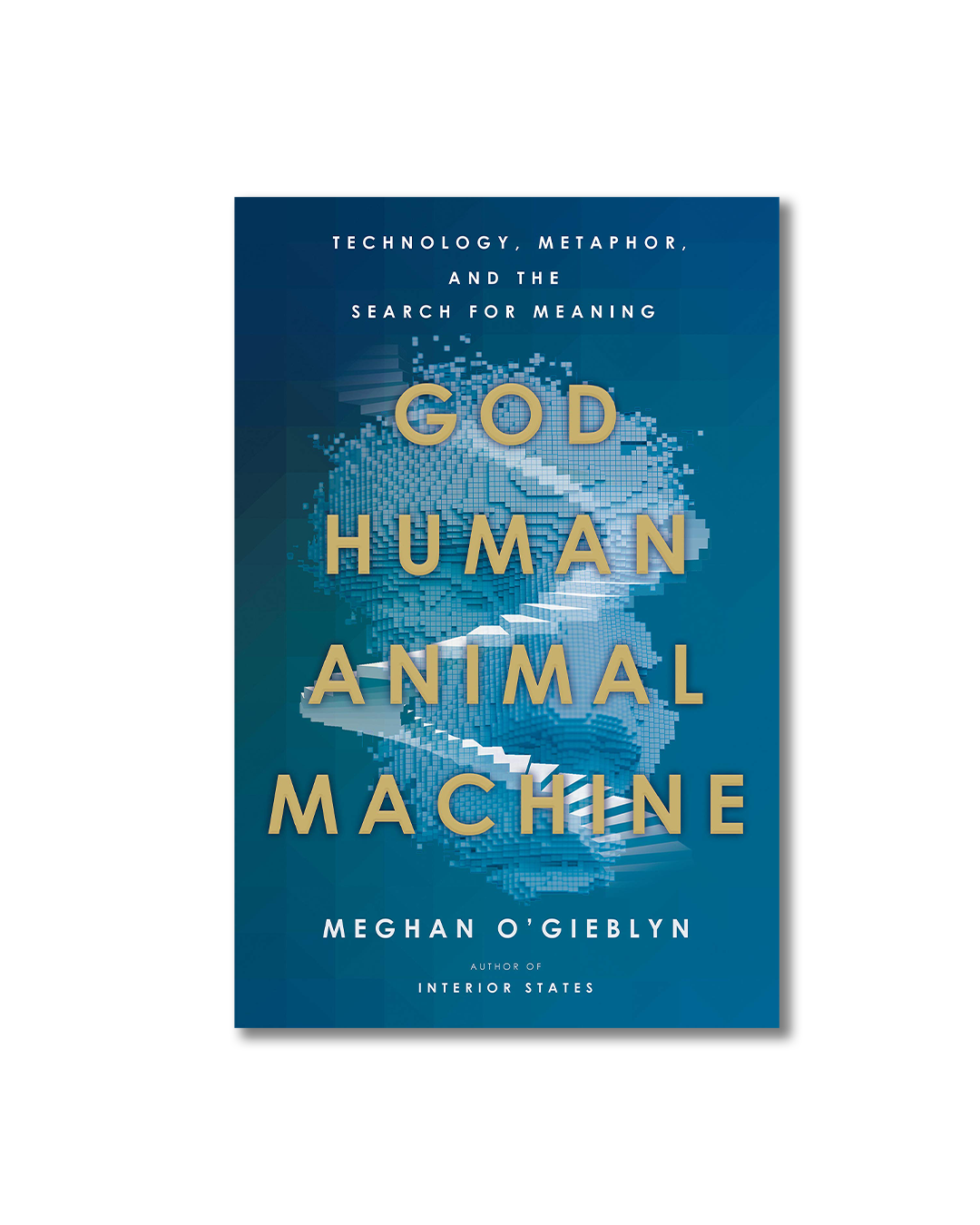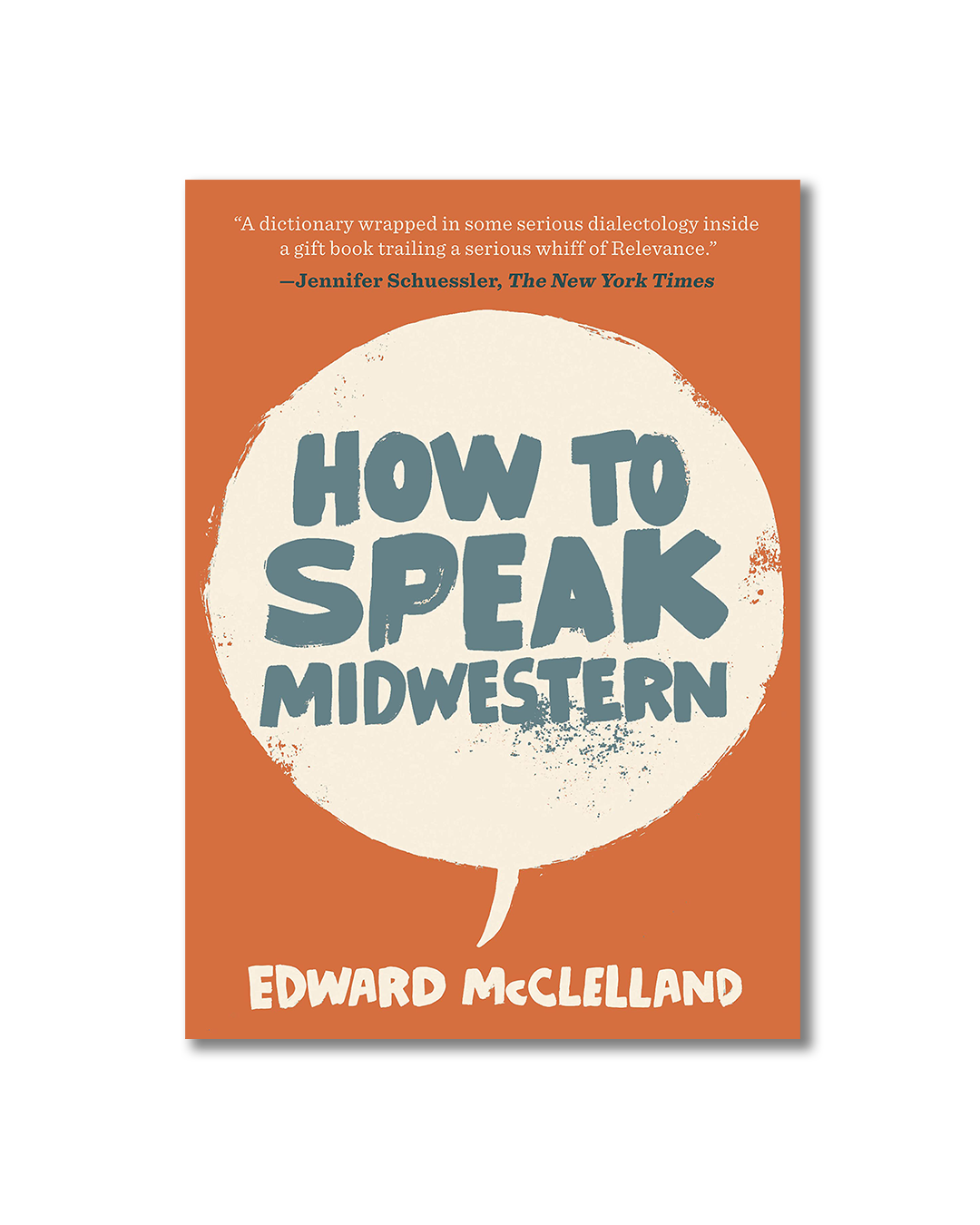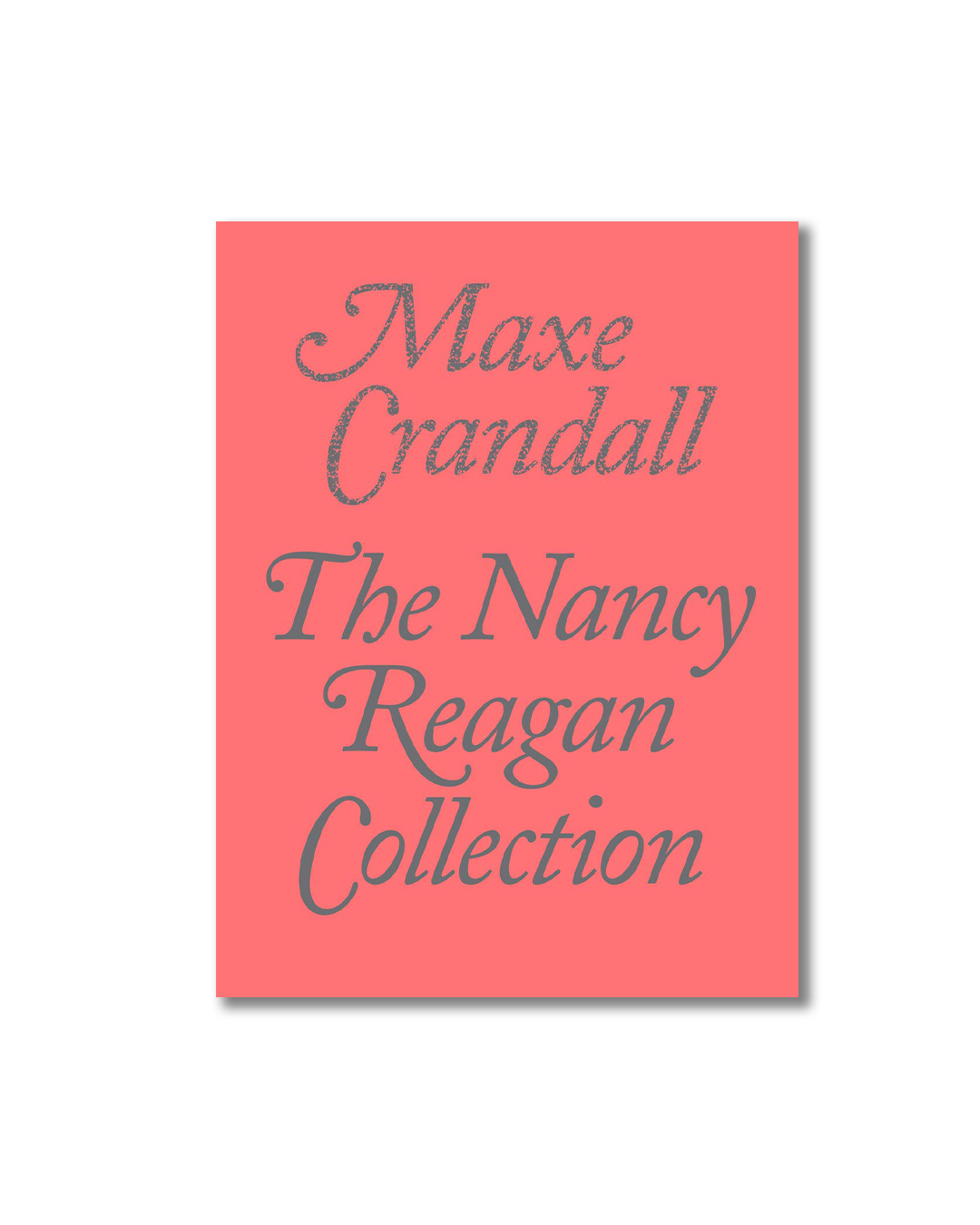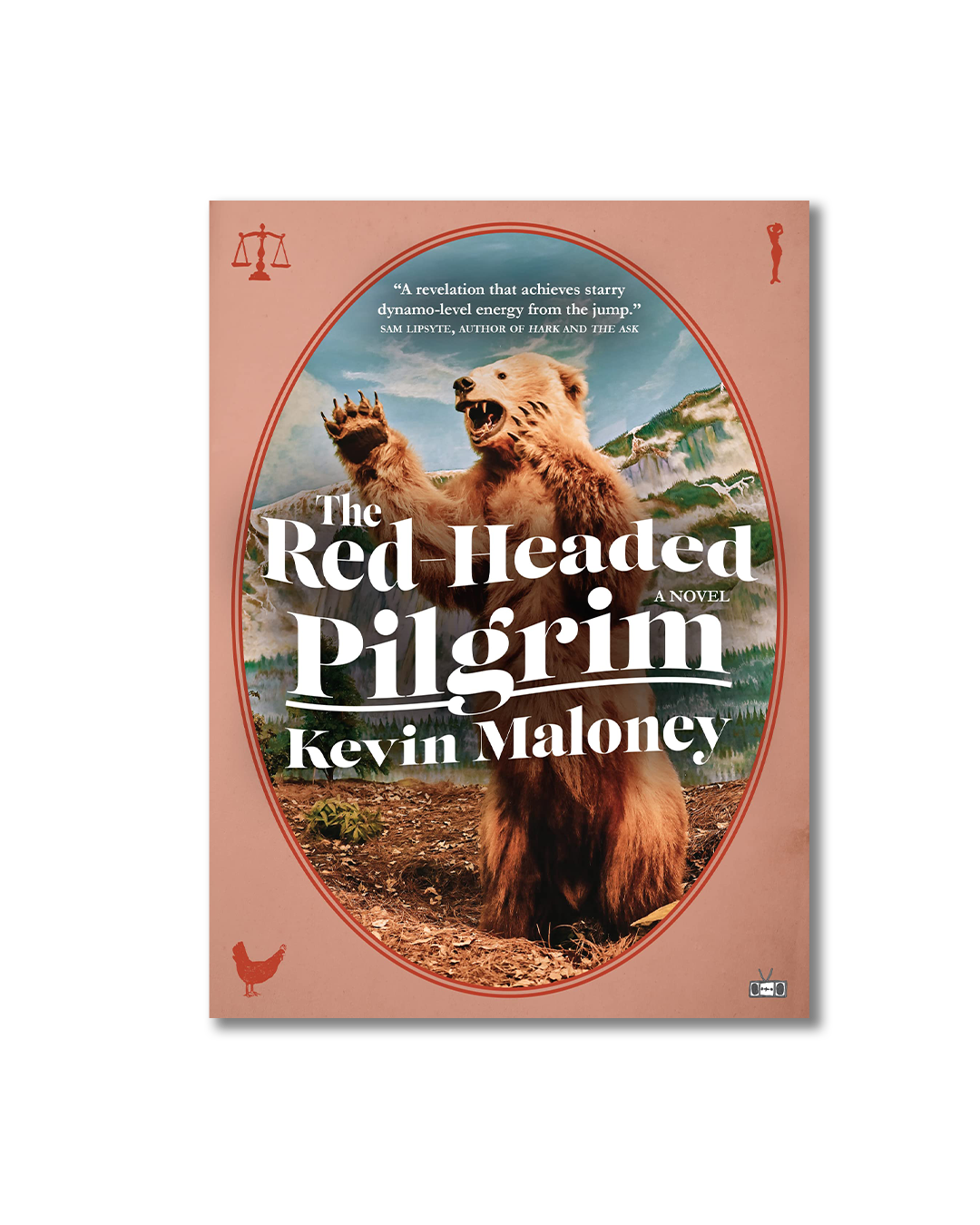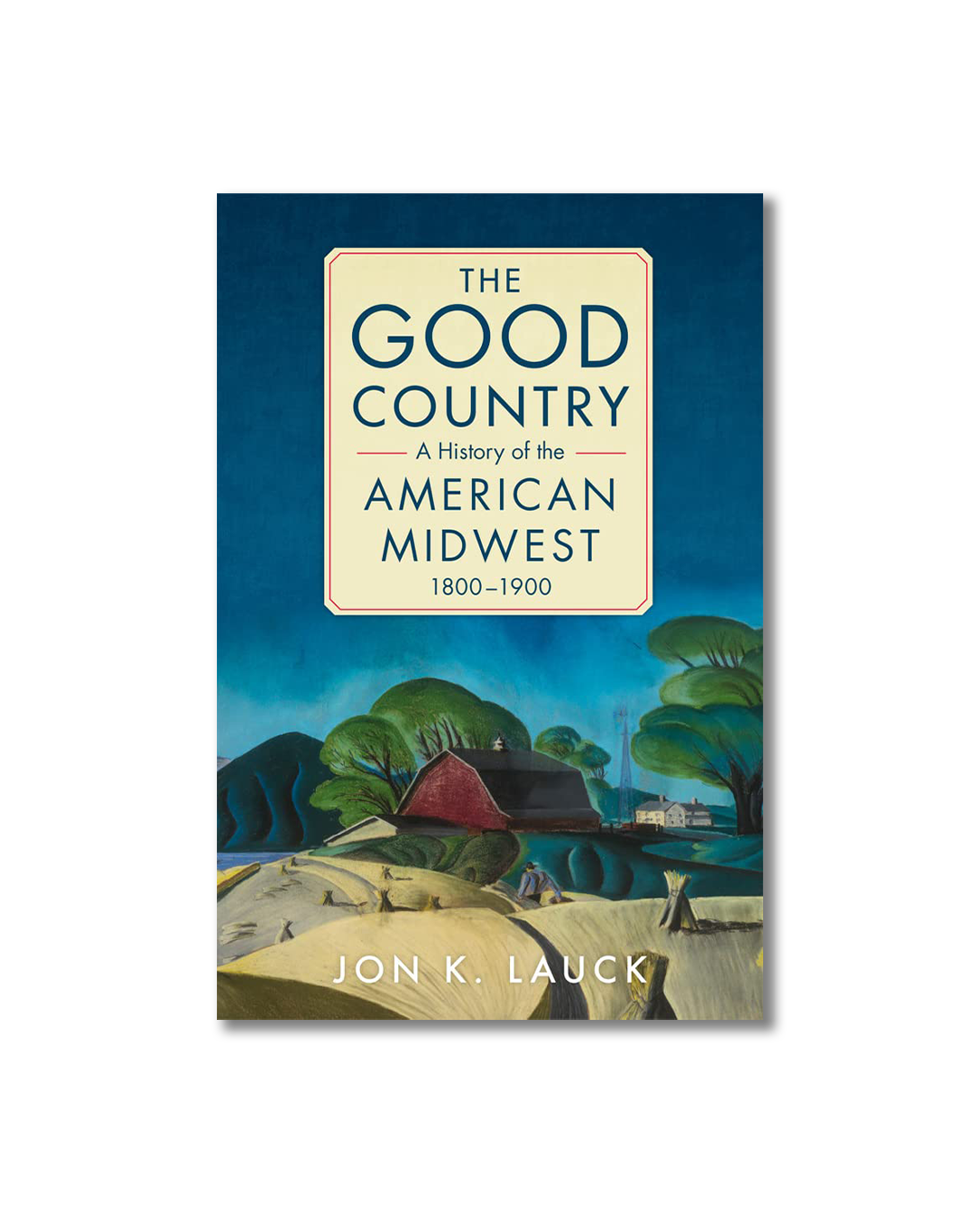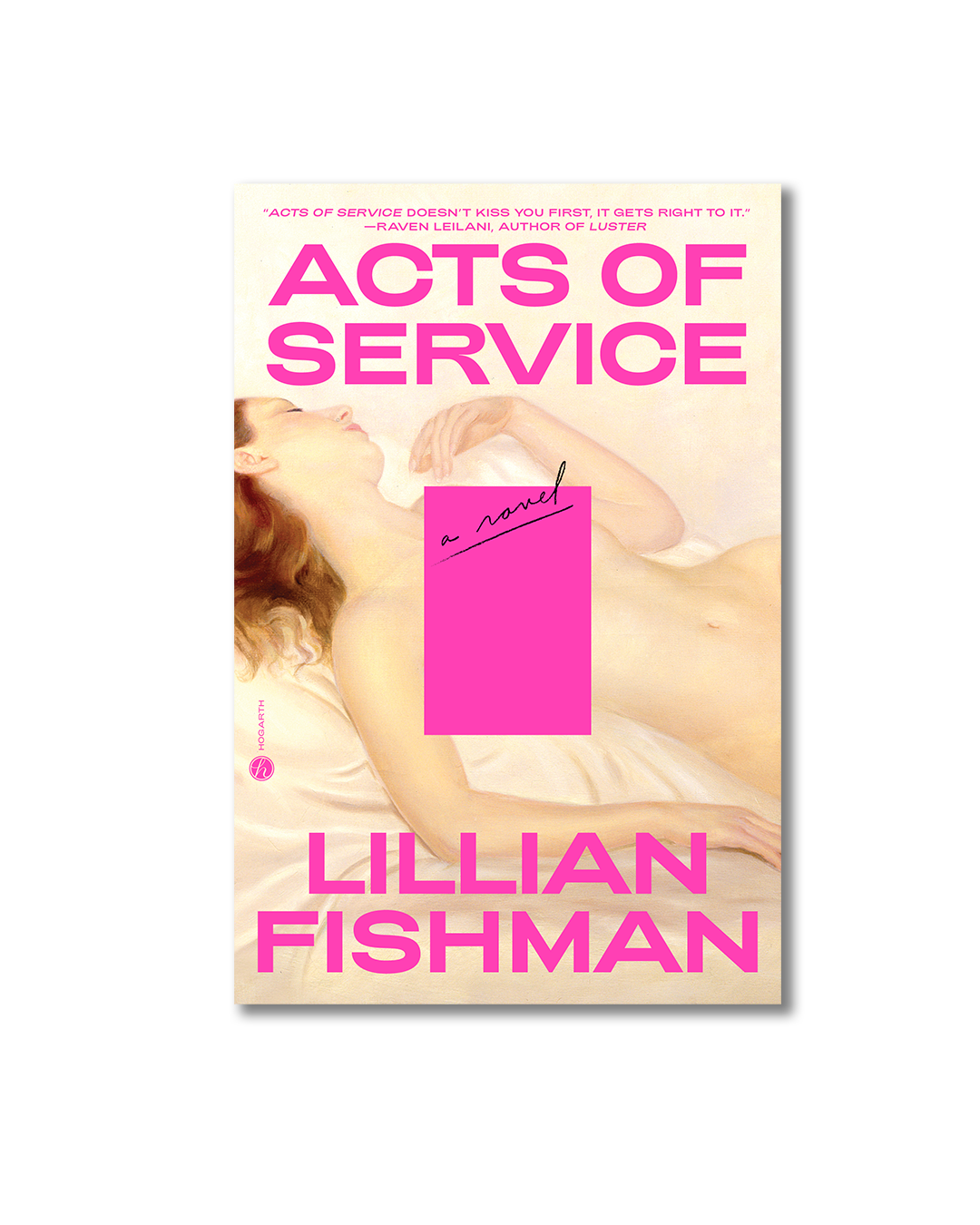South to the Midwest: Race, Region, and the National Imaginary
I say “region” and not “the South” because the regional borders are porous, not just in those liminal zones that separate the South from Appalachia and Appalachia from the Midwest, but in our national self-conception as well.
The Adolescent Gaze: On Dizz Tate’s “Brutes”
Being the object of another’s gaze means ceding control over how you are perceived, but to be watched is also to be worthy of someone else’s voyeurism.
The Original Entwine: On Edgar Garcia’s “Emergency”
This is where our definition of emergency falls flat. It is not immediate attention which is required, but vigilant heedfulness to the criss-crossing, overlapping, and tenuous events of history, actions of people, and the whims of Gods; “frequencies, mirrors, resurgences.”
Blood Ties: On Vigdis Hjorth’s “Is Mother Dead”
Johanna’s one-sided account of her childhood and estrangement from her mother invites skepticism only after she begins wildly crossing boundaries, each more serious than the last.
The Erotics of Yogurt: On Annie Ernaux’s “Look at the Lights, My Love”
Ernaux’s recent popularity in the US points to our desire for literature that plumbs sexuality without sentimentality. Do away with the crumbs of dissociative sex and give us something raw.
Blood, Guts, Formal Violence: On Haunted Media and Christopher Norris’ “Hunchback ’88”
In the particular case of horror, the haunted media takes the place of the ghost or the killer or the monster as that which horrifies us—except now, the horrifying thing stands also as an analogy for the text itself.
Going the Distance: On George Saunders’ “Liberation Day”
Saunders is making a performance of his imaginative jumps, of empathy itself, with an admirable enthusiasm for entertaining us.
Going Off-Script: On Hilary Plum’s “Hole Studies”
In so many ways, our ability to maintain our way of living relies on our ability to ignore information and tell lies to one another, and especially to ourselves. Ruptures reveal cracks in the surface of our collective agreements.
Observer Effect: On Meghan O’Gieblyn’s “God Human Animal Machine”
The earth was not at all made to someday host plants, animals, or us. Life, in its tenacity, has just scratched out a little foothold. None of this is for us. Really: None of this is for anything at all.
For Yinz and Yous: On Edward McClelland’s “How to Speak Midwestern”
How we speak is the product of historical events, movements, power, and geography. Cleveland’s proximity to steel mills and auto plants drew European immigrants; the Great Depression made the Transatlantic “wough” and “greatah” fall out of favor.
Home in this Black Hole: On Maxe Crandall’s “The Nancy Reagan Collection”
Maxe Crandall’s The Nancy Reagan Collection is “an otherworldly way… of remembering.” It is body-snatching theater and immersive obloquy. It is a multiplayer video game playing in the middle of a memorial.
The Stories We Tell About Ourselves: On CJ Hauser’s “The Crane Wife”
Your apartment is nice, but not amazing. You’re not struggling nor are you wealthy. Sometimes you regret not working harder. Other times, you regret not making more irresponsible choices. If traditionality is suffocating, living free is like treading water and trying not to sink.
Slightly Psychedelic: On Kevin Maloney’s “The Red-Headed Pilgrim”
In 1971 Pauline Kael coined the term “Acid Western,” an expression intended as a pejorative commentary on the stoner crowd that gathered for the midnight showings of Alejandro Jodorowsky’s El Topo.
Nothing But Net: On Thomas Beller’s “Lost in the Game”
But what’s most gratifying about the book is its articulation and understanding of those ambiguous feelings one may have about over-caring about basketball later in one’s life. The time it takes to get your body right. The effort to stay on the court. The sweaty laundry.
When Metaphor Dies: On Johannes Göransson’s “Summer”
To draw the lines of contagion linking each term to the others in their reticulation+circulation, uncartesian grid, would offer something like the topography of Summer. A summer map.
Brutal Empathy: On Henri Cole’s “Blizzard”
To overstate the importance of the speaker (Glück’s “private voice”) would be to neglect the community that shapes him, an ensemble of others that create the life of these poems and ultimately that of the voice which utters them.
Land of Progress: On Jon K. Lauck’s “The Good Country”
Lauck isn’t saying that everything was good back then, or making a “this was the Real America” claim. He is trying to show that the Midwest was, for all its flaws, a place where the idea of true democracy began to flourish.
Poetry Thinking: On Adrienne Raphel’s “Our Dark Academia”
If a poem thinks, a poem thinks compulsively. If a poem thinks, the poem does not accumulate ideas but impressions of a mind working toward, never quite arriving at, ideas.
Just Some Body: On Lillian Fishman’s “Acts of Service”
The more she fucks him—and really, really likes it—the more she realizes that the attention she craves is troublingly heteronormative.
Containment and Collapse: On Lucy Ives’ “Life Is Everywhere”
If the story is to be understood as an autobiographical account of Erin’s childhood, then it is one heavily reworked, fever dream-style.





